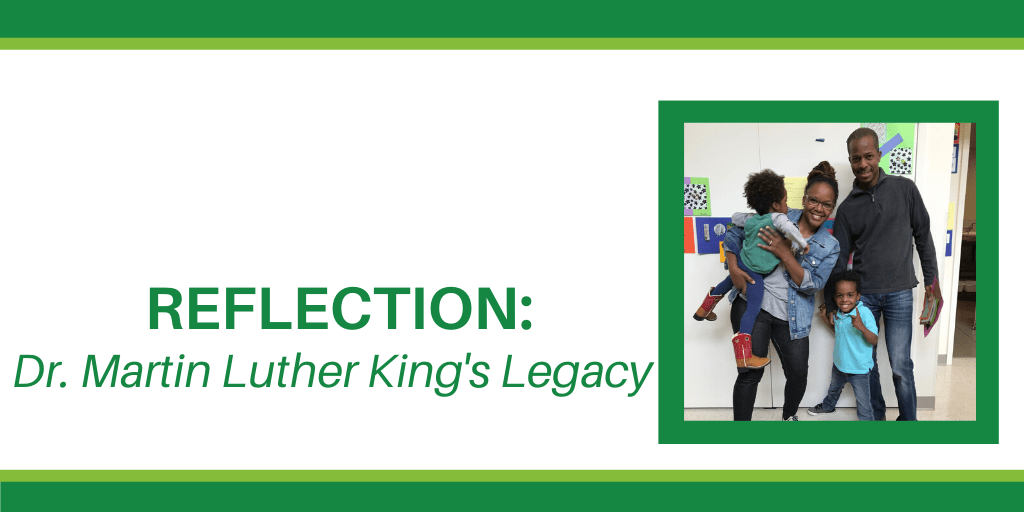Today, we reflect on the legacy of Dr. Martin Luther King, a man whom I respect immensely for his oratorical genius and his advocacy of selfless love of humanity. He has given meaningful inspiration to me and countless others around the world, and I am honored to have this moment to pause and give thanks for the gifts that he shared with all of us.
Like many, when this holiday comes around, I picture Dr. King at the March on Washington for Jobs and Freedom, standing in front of the Washington monument in front of a crowd of approximately 250,000 people. In my head, I hear him giving the “I Have a Dream” speech. I am also reminded that there are a couple of his qualities that I find most underappreciated: his youth and his passion for labor rights. Dr. King was immensely accomplished in his short life:
At 19, he graduated from Morehouse College;
At 26, he led the Montgomery bus boycott;
At 34, he led the March on Washington and gave his famous “I Have a Dream” speech; and
At 35, he won the Nobel Peace Prize for combating racial inequality through nonviolent resistance.
At 39, the year of his death, he was actively planning a national occupation of Washington D.C. called “The Poor People’s Campaign.” It was to be part two of the civil rights movement. The Poor People’s Campaign sought to bring awareness to the need for economic justice. The campaign argued that civil rights did not end with racial equality and that all Americans, including non-Blacks, should have the material basics that they need to live.
At the time, the nature of poverty was changing. Poor Black people had been moving off of sharecropping farms into metropolitan areas in search of jobs, and they no longer had means to live off the land. In 1964, in response to a nationwide poverty rate of 19 percent, President Lyndon Johnson introduced his “War on Poverty” legislation meant to improve the living conditions of people living in low-income neighborhoods and help them to access jobs. Ultimately, the program began to be seen as one that primarily benefited African Americans and, in 1968, it was abandoned and focus shifted to the Vietnam War. Dr. King’s Poor People’s Campaign demanded that politicians apply more focus to addressing poverty and guarantee jobs and a minimum income. King stated, “We believe the highest patriotism demands the ending of the war and the opening of a bloodless war to final victory over racism and poverty.”
By the end of March 1968, Dr. King began frequenting Memphis, Tennessee to support a strike and to protest alongside the city’s Black sanitation workers. The workers were protesting wage discrimination and inhumane treatment by the city including refusal to supply them with uniforms or restrooms while at work. The first protest was held on March 28, 1968 and Dr. King returned on April 3rd to prepare for a second protest to be held later that week. Dr. King’s life ended on April 4th.
At just 39 years old, he left us with a vision and genius. His passion for upliftment of the poor is no less relevant today – a time where the middle class is rapidly shrinking and the gap between the rich and the poor has never been greater. Not unlike that of Mother Teresa and Mahatma Gandhi, his footprints on the world will live into perpetuity and, as the mother of two young Black boys, I am also thankful for his legacy and representation of Black excellence.

